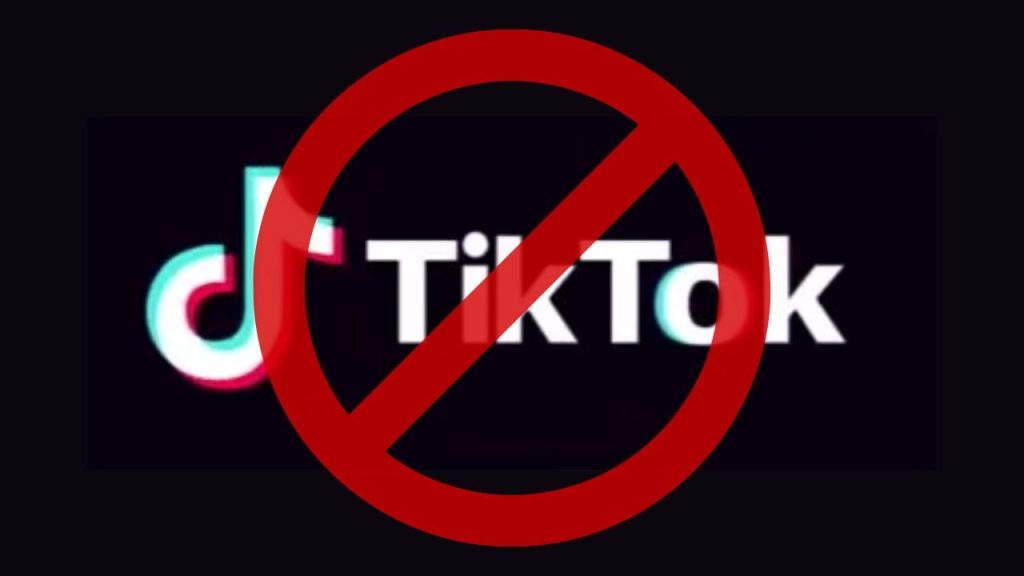
Montana has taken a bold step by becoming the first state in the United States to officially ban the popular social media app, Tik Tok. Montana’s Republican Governor, Greg Gianforte, signed a bill into law on May 17th, which prohibits Tik Tok from operating within the state. Citing concerns over data privacy and the Chinese Communist Party, the ban is set to take effect on June 1, as reported by The New York Times.
Legislative Action and Data Privacy Concerns
The Montana State Legislature introduced the bill in February, motivated by increasing worries surrounding the app’s ownership by the Chinese company ByteDance. The legislation not only bans Tik Tok’s operations in Montana but also renders the app unavailable in the App Store for Montana residents. Governor Gianforte highlighted the need to protect Montanans’ personal and private data from the Chinese Communist Party as the primary motivation behind the ban.
Enforcement Measures and Industry Response
Under the newly enacted legislation, Tik Tok could face fines if it continues to operate in Montana, while Google and Apple could also be fined if they allow the app to be downloaded. However, a trade group funded by Google and Apple has argued in recent months that it is challenging for companies to entirely prevent Tik Tok from functioning within a single state.
The ban on Tik Tok in Montana marks a significant development in the ongoing discussions surrounding the app’s impact and regulation. It echoes Former President Donald Trump’s previous attempts to ban Tik Tok back in 2019, although those efforts did not come into effect. Furthermore, the divorce battle between Kanye West and Kim Kardashian shed light on the potential concerns of children engaging with Tik Tok, reflecting the broader societal implications of the app’s usage.
In a related development, the State of Florida passed the controversial Stop WOKE Act in 2022, which bans gender and race discussions in schools. This decision highlights the varying approaches taken by different states when it comes to addressing sensitive topics and online platforms’ influence. Montana’s ban on Tik Tok aligns with these broader debates surrounding privacy, online content, and the influence of foreign-owned social media platforms.
